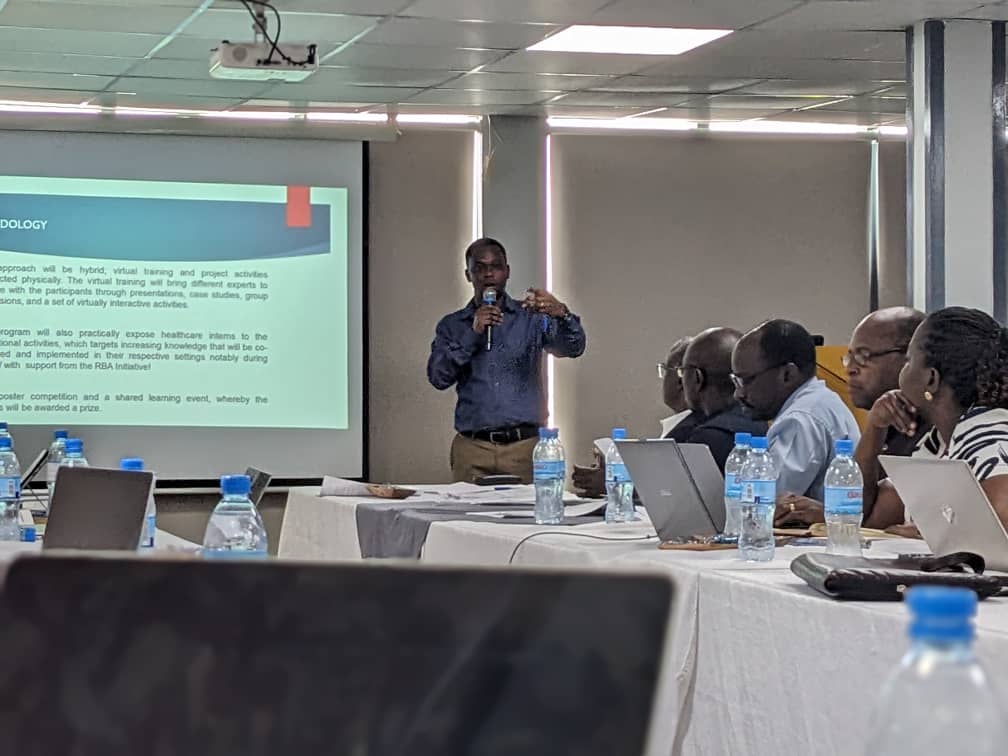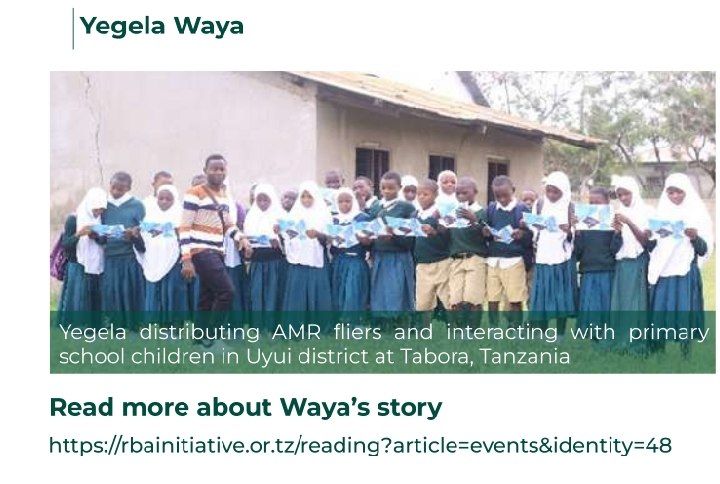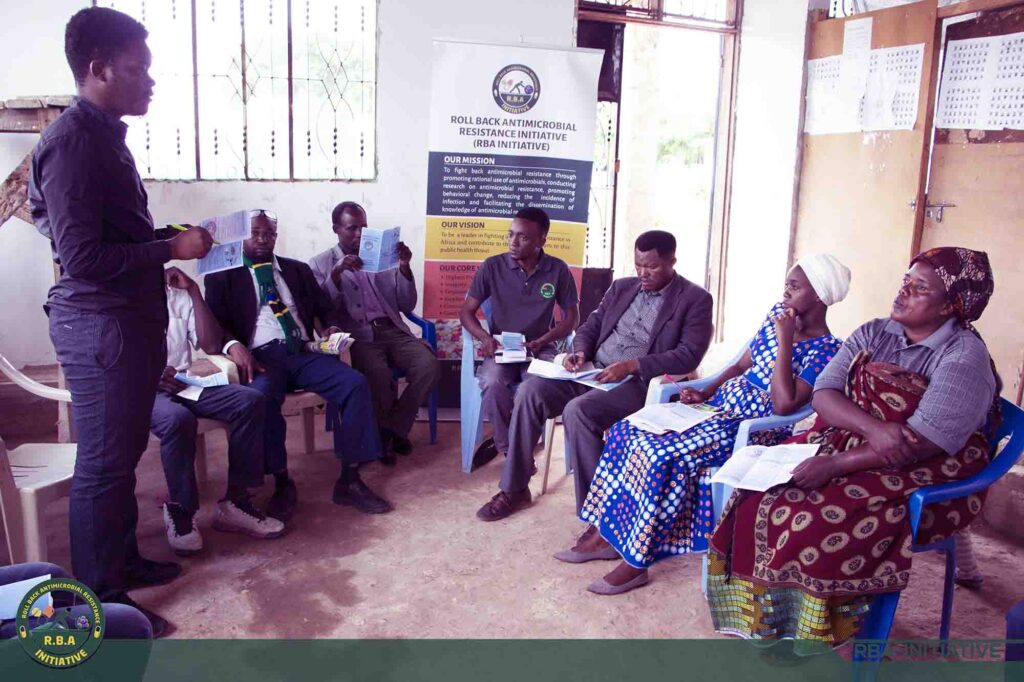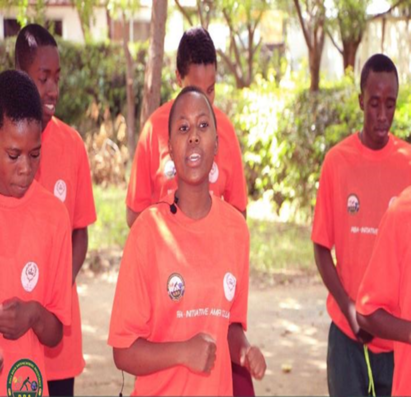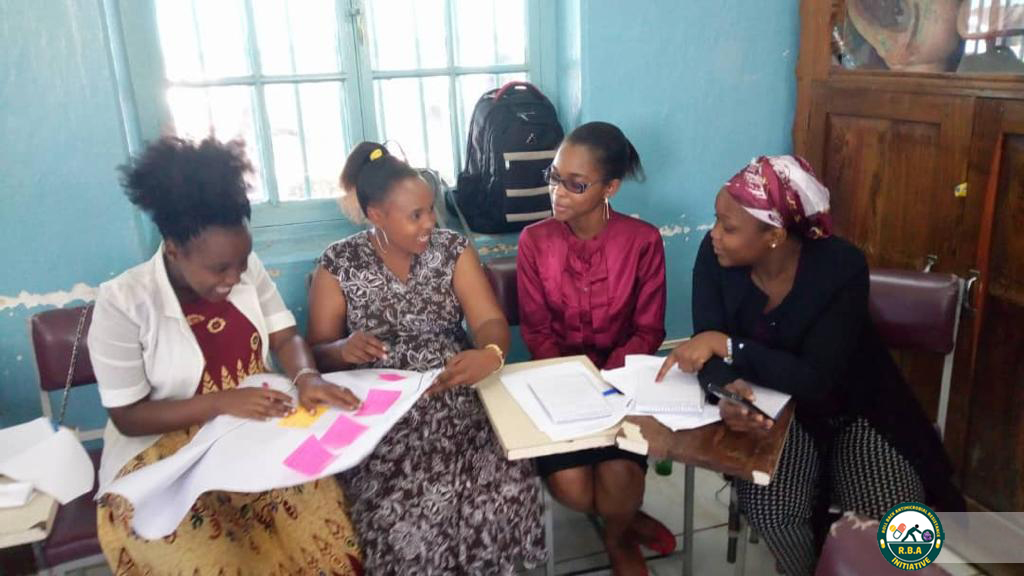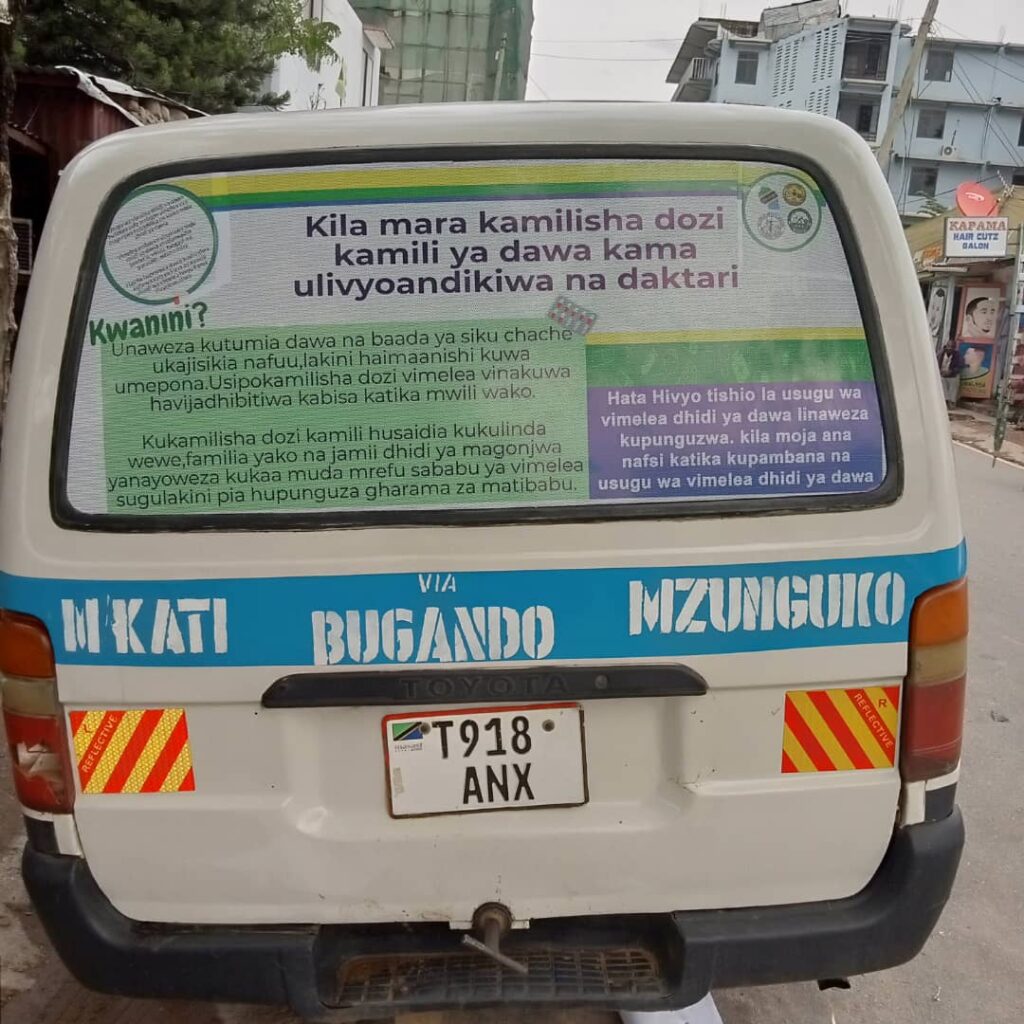The National Multisectoral Coordination Committee on AMR applauds the RBA Initiative’s interventions on AMR.
During our participation in the National Multisectoral Coordination Committee (MCC) meeting on AMR chaired by the Chief Medical Officer, we had the privilege to present detailed progress reports on our transformative Bridging Program and a range of other interventions geared towards combating AMR as part of our support to the implemention of National AMR Action […]

